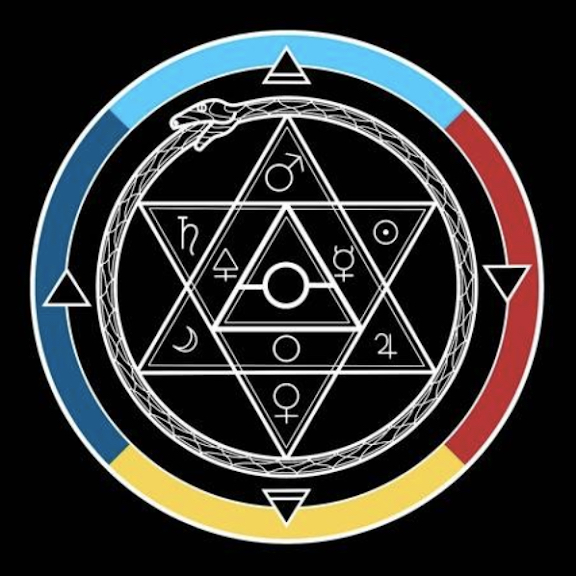Persona: Difference between revisions
SkyPanther (talk | contribs) mNo edit summary |
SkyPanther (talk | contribs) mNo edit summary |
||
| Line 8: | Line 8: | ||
On the authority of [[Depth_Psychology_and_a_New_Ethic/Chapter_2_-_The_Old_Ethic/The_Old_Ethic_-_Perfection#Conscience|conscience]], the persona excludes a number of psychic components. In part, these are repressed into the unconscious (the [[Shadow]]) but in part, too, they are controlled by the ergo and consciously eliminated from the life of the personality. | On the authority of [[Depth_Psychology_and_a_New_Ethic/Chapter_2_-_The_Old_Ethic/The_Old_Ethic_-_Perfection#Conscience|conscience]], the persona excludes a number of psychic components. In part, these are repressed into the unconscious (the [[Shadow]]) but in part, too, they are controlled by the ergo and consciously eliminated from the life of the personality. | ||
Every kind of restriction may be imposed by the collective. But whether it is a case of a taboo in a primitive tribe, a social convention or a moral prohibition, whether it is a question of not mentioning certain subjects or of not admitting certain facts, of behaving as if certain non-existent entities in fact existed or of saying things which one does not mean or not saying things which one does mean - every time it makes one of these demands the collective will be guided by certain principles which are vital to its development and to the development of consciousness. Without these values it could not exist - or such, at least, is its firm conviction. | |||
The ego will receive the reward of moral recognition by the collective to the extent to which it succeeds in identifying with the persona, the collectivised facade personality - the simple reason being that this facade personality is the visible sign of agreement with the values of the collective. | |||
Latest revision as of 20:33, 29 July 2022
The formation of the person - via suppression - the mask, what one passes for and what one appears to be, in contrast to one's real individual nature, corresponds to one's adaptation to the requirements of the age, of one's personal environment, and of the community.
The facade personality represents a considerable achievement on the part of conscience. Without its aid, morality and convention, the social life of the community and the ethical ordering of society would never have been possible in the first place.
The persona is the cloak and the shell, the armour and the uniform, behind which and within which the individual conceals himself - from himself, often enough - as well as from the world. It is the self-control which hides what is uncontrolled and uncontrollable, the acceptable facade behind which the dark and strange, eccentric, secret and uncanny side of our nature remains invisible.
A large part of education will always be devoted to the formation of a persona, which will make the individual 'clean about the house' and socially presentable, and will teach him not what is, but what may be regarded as, real; all human societies are at all times far more interested in instructing their members in the techniques of not looking, of overlooking and of looking the other way than in sharpening their observation, increasing their alertness and fostering their love of truth. In other words, bullshit is the grease in the gears of society that helps it function smoothly.
On the authority of conscience, the persona excludes a number of psychic components. In part, these are repressed into the unconscious (the Shadow) but in part, too, they are controlled by the ergo and consciously eliminated from the life of the personality.
Every kind of restriction may be imposed by the collective. But whether it is a case of a taboo in a primitive tribe, a social convention or a moral prohibition, whether it is a question of not mentioning certain subjects or of not admitting certain facts, of behaving as if certain non-existent entities in fact existed or of saying things which one does not mean or not saying things which one does mean - every time it makes one of these demands the collective will be guided by certain principles which are vital to its development and to the development of consciousness. Without these values it could not exist - or such, at least, is its firm conviction.
The ego will receive the reward of moral recognition by the collective to the extent to which it succeeds in identifying with the persona, the collectivised facade personality - the simple reason being that this facade personality is the visible sign of agreement with the values of the collective.
